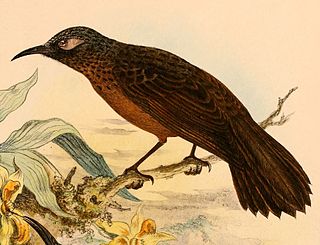 W
WMyza is a genus of bird in the family Meliphagidae. Established by Adolf Bernhard Meyer and Lionel William Wiglesworth in 1895, it contains the following species:
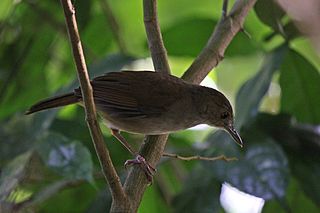 W
WThe Sulawesi babbler is a species of bird in the family Pellorneidae. It is endemic to Indonesia.
 W
WThe citrine canary-flycatcher is a species of bird in the family Stenostiridae. The term citrine refers to its yellowish colouration. It is found in Sulawesi and the Philippines. Its natural habitat is subtropical or tropical moist montane forests.
 W
WThe yellow-crested cockatoo also known as the lesser sulphur-crested cockatoo, is a medium-sized cockatoo with white plumage, bluish-white bare orbital skin, grey feet, a black bill, and a retractile yellow or orange crest. The sexes are similar.
 W
WThe little pied cormorant, little shag or kawaupaka is a common Australasian waterbird, found around the coasts, islands, estuaries, and inland waters of Australia, New Guinea, New Zealand, and Indonesia, and around the islands of the south-western Pacific and the subantarctic. It is a small short-billed cormorant usually black above and white below with a yellow bill and small crest, although a mostly black white-throated form predominates in New Zealand. Three subspecies are recognised. Until recently most authorities referred to this species as Phalacrocorax melanoleucos.
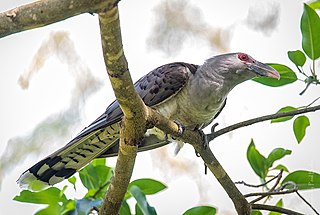 W
WThe channel-billed cuckoo is a species of cuckoo in the family Cuculidae. It is monotypic within the genus Scythrops. The species is the largest brood parasite in the world, and the largest cuckoo.
 W
WThe slaty cuckooshrike is a species of bird in the family Campephagidae. It is endemic to Indonesia, where it occurs in the Sula and Banggai Islands. Its natural habitats are subtropical or tropical moist lowland forest and subtropical or tropical mangrove forest.
 W
WStephan's emerald dove is a species of bird in the family Columbidae. It is found in Sulawesi, New Guinea and the Solomon Islands.
 W
WThe Sula jungle flycatcher is a species of passerine bird in the Old World flycatcher family Muscicapidae. It is endemic to Sula Island in Indonesia where its natural habitat is subtropical or tropical moist lowland forests. It is threatened by habitat loss.
 W
WThe turquoise flycatcher, also known as the island flycatcher, is a species of bird in the family Muscicapidae. It is found in Indonesia and the Philippines. Its natural habitat is subtropical or tropical moist montane forests.
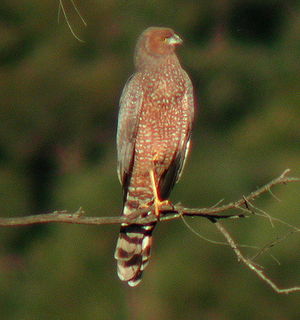 W
WThe spotted harrier also known as the smoke hawk, is a large Australasian bird of prey belonging to the family Accipitridae.
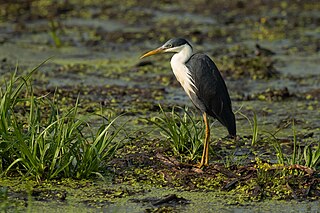 W
WThe pied heron, also known as the pied egret is a bird found in coastal and subcoastal areas of monsoonal northern Australia as well as some parts of Wallacea and New Guinea.
 W
WThe great-billed kingfisher or black-billed kingfisher is a species of bird in the subfamily Halcyoninae. It is endemic to the Sulawesi region of Indonesia. It can be found on the island of Sulawesi and in the Sula Archipelago.
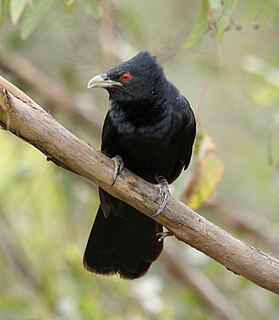 W
WThe Pacific koel, also known as the eastern koel, is a species of cuckoo in the family Cuculidae. In Australia, it is colloquially known as the rainbird or stormbird, as its call is usually more prevalent before or during stormy weather.
 W
WThe Philippine megapode, also known as the Philippine scrubfowl or the Tabon scrubfowl, is a species of bird in the family Megapodiidae. It is found in northeastern Borneo, Sulawesi and the Philippines. Its natural habitats are subtropical or tropical dry forest, subtropical or tropical moist lowland forest, and subtropical or tropical moist montane forest.
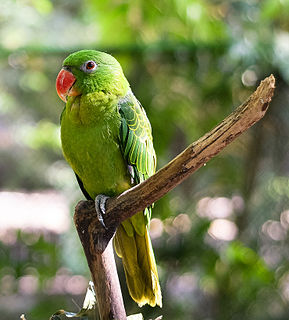 W
WThe blue-backed parrot, also known as Müller's parrot or the azure-rumped parrot, is a large bird native to the Philippines and the Sulawesi archipelago (Indonesia). It is found in forest and nearby habitats, including cultivated areas, at altitudes up to 800 meters. Flocks are small and often active at night. It is known to eat crops, including corn.
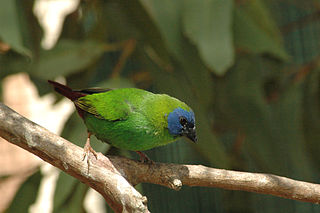 W
WThe blue-faced parrotfinch is a locally common species of estrildid finch found in north-eastern Australia, Japan, Indonesia, Federated States of Micronesia, France (introduced), New Caledonia, Palau, Papua New Guinea, the Solomon Islands and Vanuatu. It has an estimated global extent of occurrence of 10,000,000 km2.
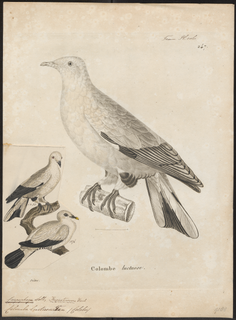 W
WThe silver-tipped imperial pigeon, also known as the white-tipped imperial-pigeon, is a relatively large species of bird in the family Columbidae. It is endemic to forest, woodland and mangrove on Sulawesi and smaller nearby islands.
 W
WThe white-bellied imperial pigeon is a species of bird in the family Columbidae. It is found in Sulawesi and nearby islands.
 W
WThe barred rail is a species of bird in the rail family Rallidae. The species was formerly placed in the genus Rallus.
 W
WThe short-tailed starling is a species of starling in the family Sturnidae. It is found in Indonesia and the Philippines.
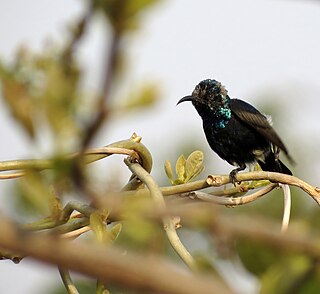 W
WThe black sunbird is a species of bird in the family Nectariniidae. It is found in eastern Indonesia and New Guinea. Its natural habitats are subtropical or tropical moist lowland forest and subtropical or tropical mangrove forest.
 W
WThe uniform swiftlet,, also known as the Vanikoro or lowland swiftlet, is a gregarious, medium-sized swiftlet with a shallowly forked tail. The colouring is dark grey-brown, darker on the upperparts with somewhat paler underparts, especially on chin and throat. This species is widespread from the Philippines through Wallacea, New Guinea and Melanesia. It forages for flying insects primarily in lowland forests and open areas. It nests in caves where it uses its sense of echolocation, rare in birds, to navigate.
 W
WThe white-shouldered triller is a passerine bird belonging to the triller genus Lalage in the cuckoo-shrike family Campephagidae. It is found in Indonesia and East Timor. The white-winged triller of Australia and New Guinea was formerly included in this species but is now treated as a separate species.
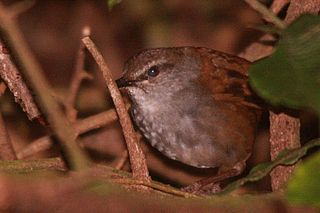 W
WThe Sulawesi bush warbler is a species of Old World warbler in the family Locustellidae. It is endemic to the island of Sulawesi in Indonesia where it is found on the forest floor.
 W
WEverett's white-eye is a bird species in the disputed family Zosteropidae, which might belong with the Old World babblers (Timaliidae). The name commemorates British colonial administrator and zoological collector Alfred Hart Everett.